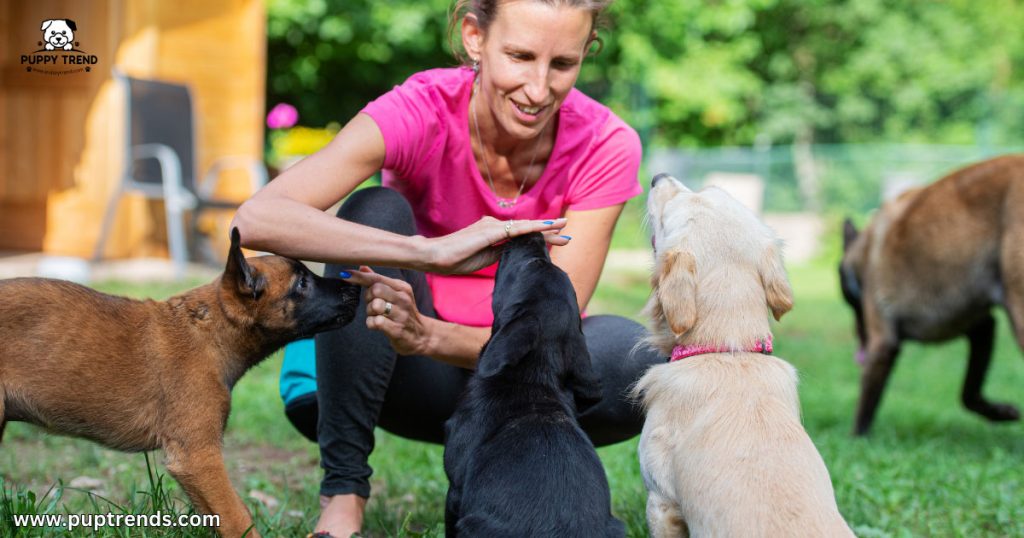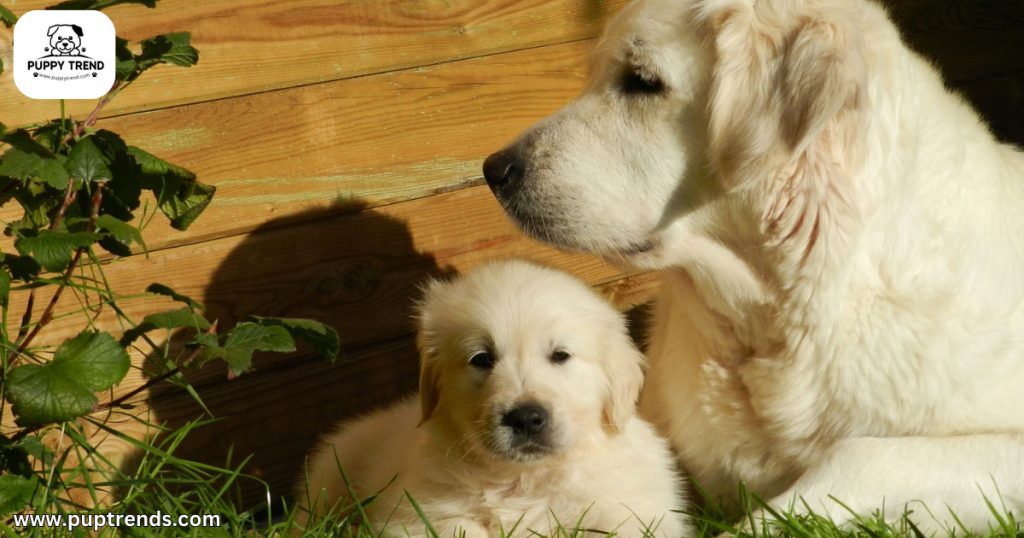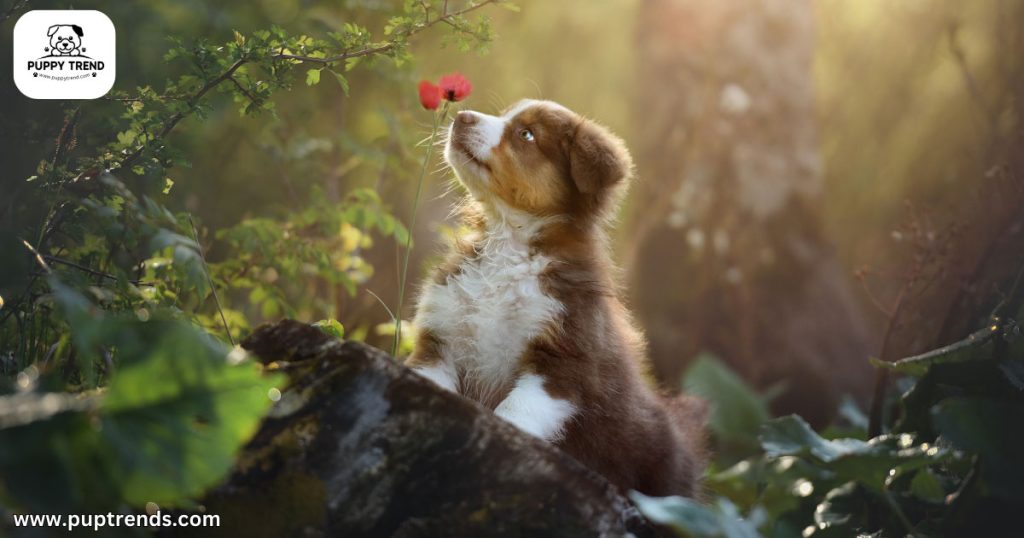Puppy 101: A puppy isn’t just a miniature dog—it’s a dynamic life stage marked by rapid growth, curiosity, and foundational learning.
Whether you’re a new pet parent or a dog enthusiast, understanding what defines a puppy ensures you can support their journey into adulthood. Let’s break it down.
Scientific Definition: Age, Biology, and Development

Biologically, a puppy is a dog from birth until sexual maturity, which varies by breed:
- Small breeds (e.g., Chihuahuas): Puppy stage ends at 9–12 months.
- Large breeds (e.g., Labradors): Puppyhood lasts up to 18–24 months.
This phase includes critical developmental milestones:
- Neonatal (0–2 weeks): Blind, deaf, and reliant on their mother.
- Socialization (3–12 weeks): Bonds with humans, learns environmental cues.
- Juvenile (3–6 months): Teething, training responsiveness, and energy peaks.
Practical Puppyhood: Behavior and Care Essentials

Beyond biology, puppies are defined by their behaviors and care needs:
- Exploratory Curiosity: Puppies investigate the world through chewing, digging, and play.
- Training Readiness: Their brains are primed for learning commands and social skills.
- High-Energy Demands: Frequent meals, exercise, and naps fuel growth.
Key Tip: Early socialization (exposure to people, pets, and environments) reduces fear-based behaviors in adulthood.
When Does a Puppy Become a Dog?

Puppyhood fades as dogs reach:
- Physical maturity: Full adult size and coat.
- Behavioral maturity: Calmer demeanor, reduced chewing/destructive habits.
- Sexual maturity: Heat cycles in females or marking in males.
Why the Puppy Stage Matters

This formative period shapes a dog’s health, temperament, and human bonds. Skipping vaccinations, training, or proper nutrition risks long-term physical or behavioral issues.
Final Thoughts
A puppy is more than a young dog—it’s a blend of biological timelines and teachable moments. By recognizing their developmental needs, you pave the way for a confident, well-adjusted adult dog. Pro
Tip: Consult a vet or certified trainer to personalize your puppy’s care plan.


